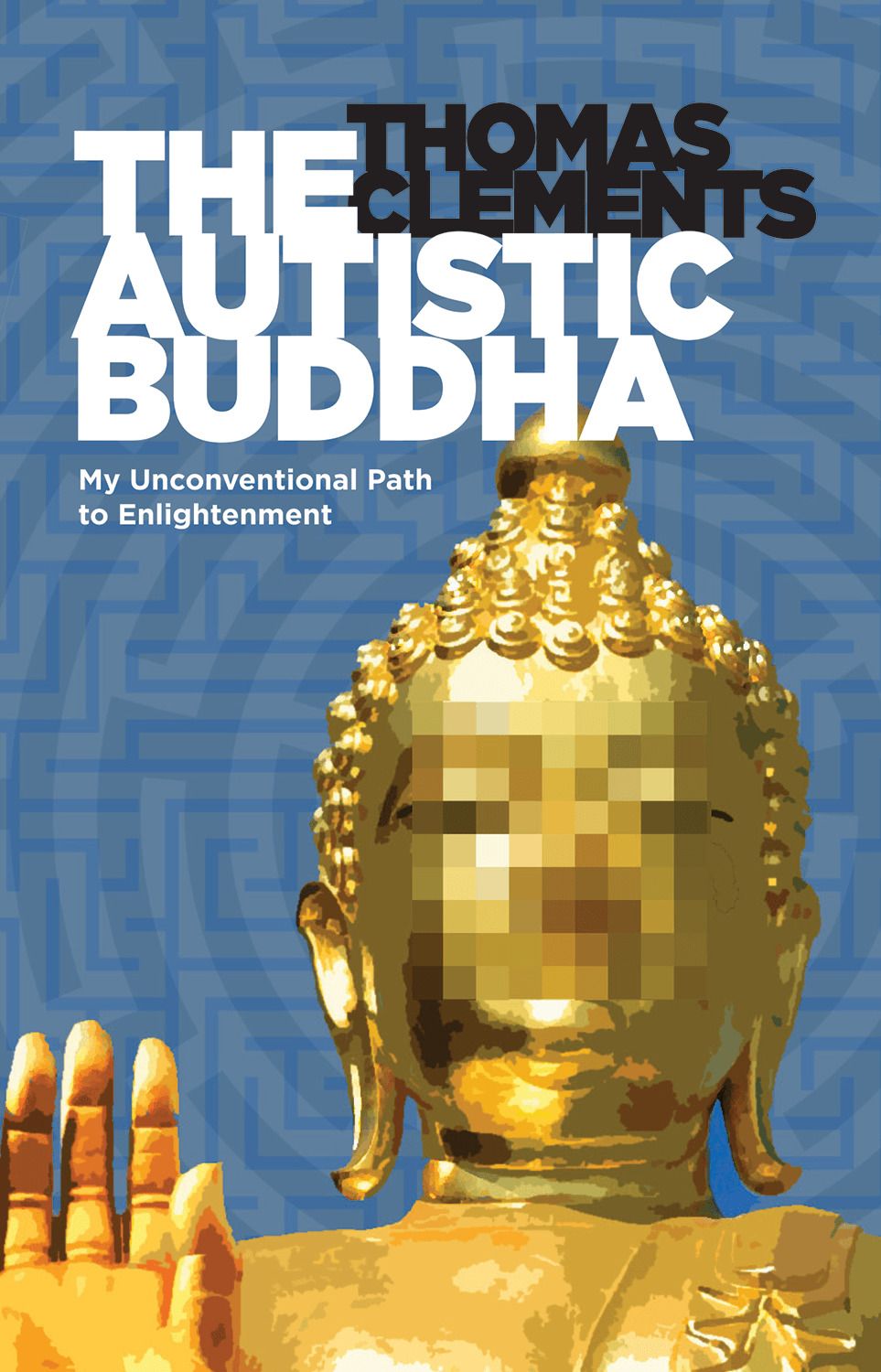Art and Culture
The Autistic Buddha—An Interview
The fundamental Buddhist dictum is that “life is suffering” and that the only way of transcending this suffering is to face up to it squarely.

The UK writer Thomas Clements recently published a book titled The Autistic Buddha. I wanted to find out more about the book, so I contacted Thomas who agreed to be interviewed for Quillette. What follows is a summary of our interview conducted over email.

Thanks for agreeing to talk to Quillette. Tell us about The Autistic Buddha, what is the book about?
The Autistic Buddha is a memoir detailing the extraordinary inner and outer journeys I have had to undertake in my life in order to make sense of the world as a man on the autism spectrum. Because of my disability, I have struggled throughout most of my life to fit into polite society, and like many autistic people, I’m quite blind to the finer nuances of social interaction which are often so crucial for getting on in the world. Autistic people like me are also characterized by their intense and sometimes excessive level of focus on one particular theme which in my case happened to be the culture of East Asia. This particular obsession was an alternate universe into which I could escape from the grim realities of life as a perpetual outcast. In The Autistic Buddha, I begin as my child self, endlessly captivated by the exotic sights, smells and sounds of Chinatown and progress right through to my troubled university years which culminated in me ending up in a psychiatric ward for 8 weeks with severe depression. After several years floundering and failing to find gainful employment, I eventually relocate to the Far East to work as an English teacher. Sadly modern capitalist China with its high rise buildings and penchant for all things Western failed to live up to my expectations and the romanticised China of my childhood imagination. I return home and again seek refuge in the East, only this time in the form of Buddhist meditation, a practice which proved to be life-changing, providing me with a way for me to accept myself, to relate to the world in a more constructive manner and to live a nobler a life on the spectrum.
Fascinating, can you tell us how you became interested in Buddhism specifically?
I became interested in Buddhism after reading an article about the French monk Matthieu Ricard, often dubbed ‘the happiest man on Earth’ according to neuroscience. At the time, I’d become quite disillusioned by conventional treatments for depression and was open to alternative ways of reducing my own mental suffering. Buoyed by the compelling science behind meditation, particularly in the way it can, when practiced regularly, precipitate lasting physical changes in the brain, I began studying the various Buddhist traditions, applying the Dharma in my daily life and setting aside 30 minutes a day to sit and cultivate feelings of compassion for others. Within just 10 days people noticed that I was significantly more pro-social in my behaviour and far more at ease in my own skin, to the extent that I began for the first time initiating conversation with strangers.





